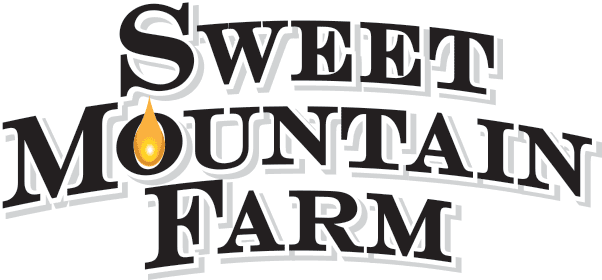2020 sponsorship opportunities close in less than a month. Please consider renewing your sponsorship prior to April 1st. If you have already renewed, THANK YOU!
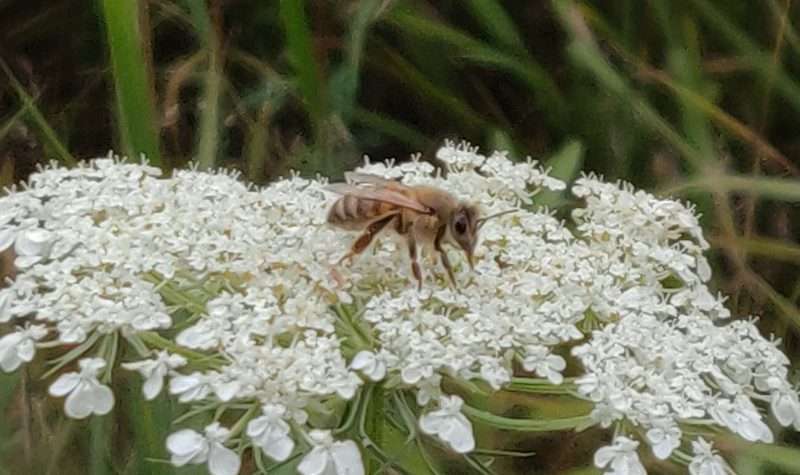
Pollination = Increased Crop Yields 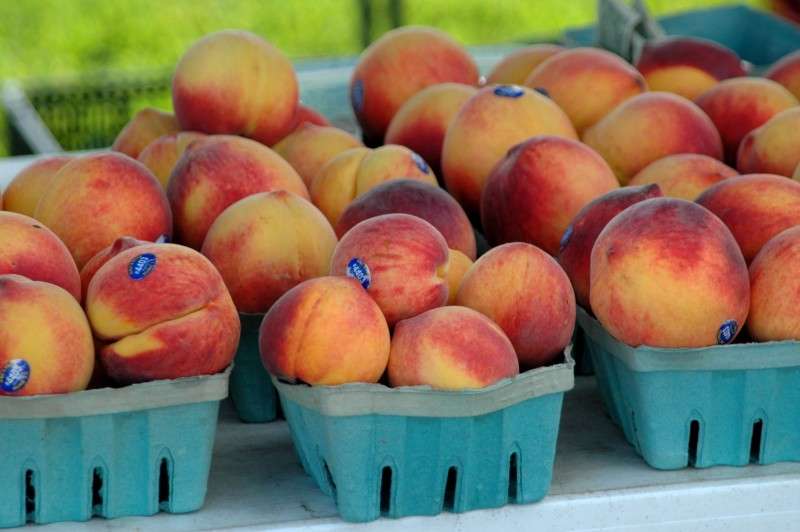
More Pollination Visits = Tastier Fruit 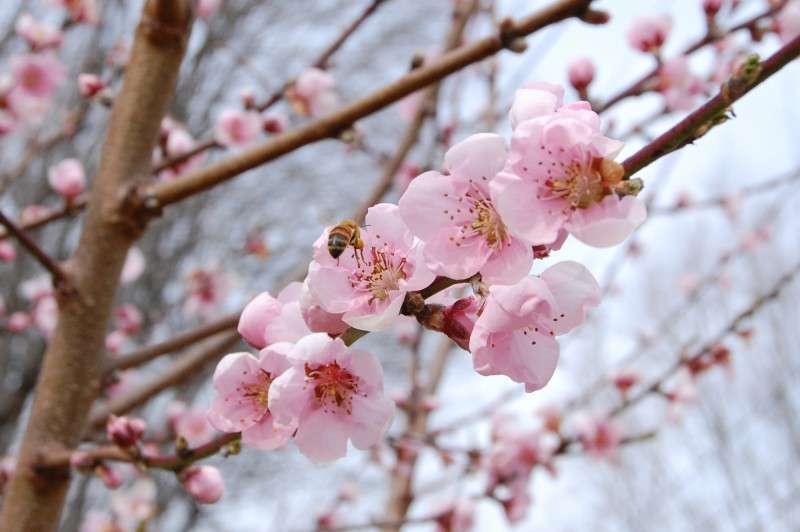
Honeybees Pollinating Fruit Trees 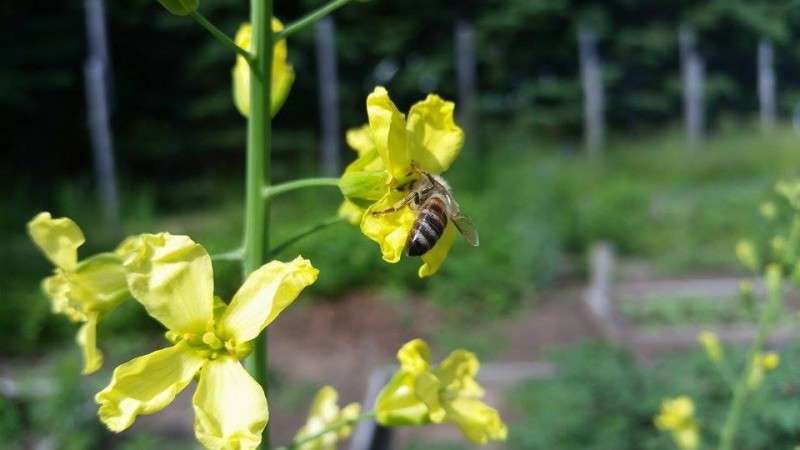
Honeybee Pollinating Kale 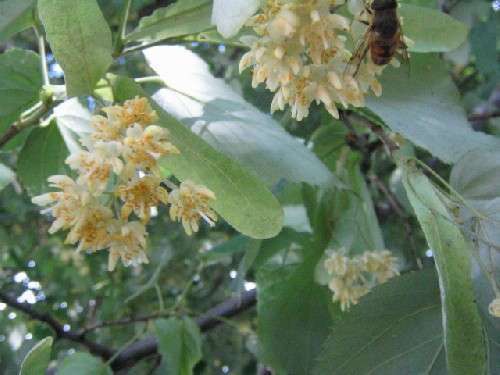
Honeybee Pollinating Basswood 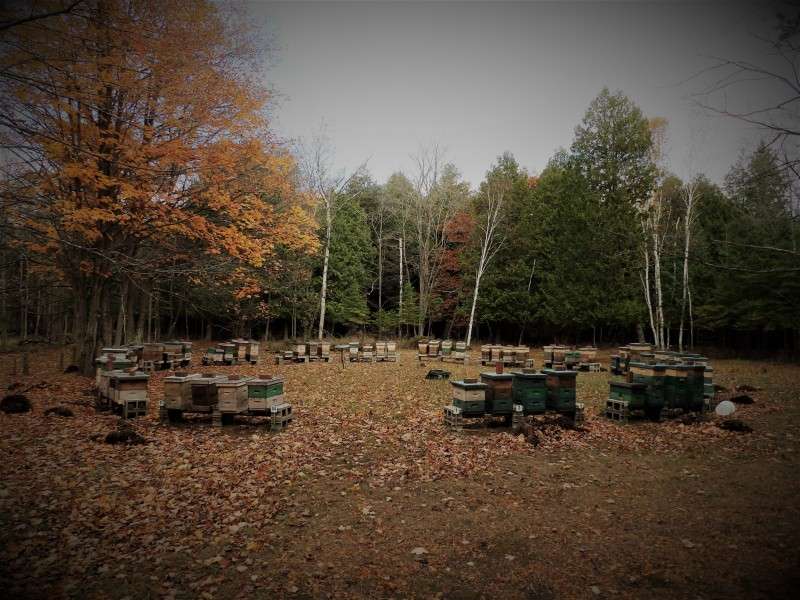
Autumn in the Bee Yard
We live in a world economy where pollination directly affects all farm income. Imagine a world without pumpkins, watermelon or apples. Pollination accounts for the diversity of food on everyone’s plates. According to the United Nations, pollination is the highest agricultural contributor to yields worldwide, contributing far beyond any other agricultural management practice. Pollination-dependent crops are five times more valuable than those that do not need pollination. Unfortunately, pollination kills millions of bees each year. The bees, lured to the blossom, pick up pesticides, herbicides, fungicides, and fertilizers carrying a toxic poisonous soup back to the colony.
The battle over chemical use between commercial growers and commercial beekeepers is over. Beekeeping operations accept bee death as the cost of doing business. The trend is to produce 40 times more bees than necessary to replace expected losses. After pollination, producers package bees by the pound adding new queens selling off compromised pollination bees to hobbyist beekeepers across the US thereby weakening bees everywhere.
Sweet Mountain Farm is entering its 11th season as a natural/chemical free apiary. This week there are preparations for adding an additional bee yard. The biggest hurdle is finding a suitable location. It is becoming increasingly difficult to find locations not harmed by toxic chemical applications. Pesticides are only one concern. Fungicides and fertilizers are often more deadly than pesticides. Labels claim chemical products are safe for bees but the industry is self-regulated with limited and biased testing, the label is misleading at best. Chemicals are picked up everywhere in the vicinity of a hive and even when flowers are not present. When brought back to the colony; this toxic chemical soup causes larval deformities and reduces a queen’s fertility leading to poor honey production, weak colonies, and an inability to survive a Wisconsin winter.
Is a mutually beneficial coexistence between food production and pollination possible without chemicals? The acceptance from the bee industry is clear; colonies must be kept as far away from commercial growers as possible if an apiary is to survive or an apiary must produce more bees to make up for losses, accept bee death, and use pollination contracts to supplement income. What do you think? Email me if you know a better way.
Help us make 2020 the best sponsorship year; pass the word. The sponsorship deadline is April 1st. Your sponsorship makes a huge difference. Honeybees are vitally important to the U.S. economy and honey is the best sweetener. Thanks for your sponsorship.
